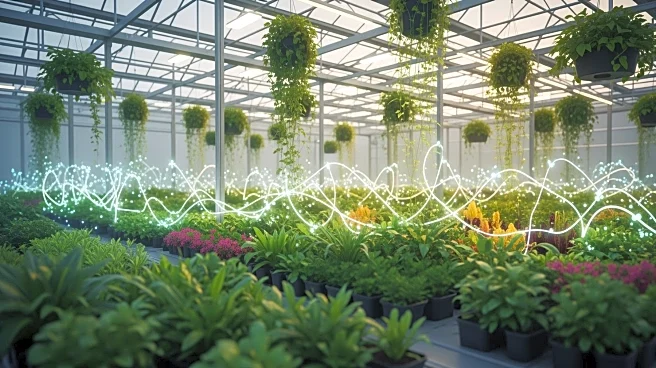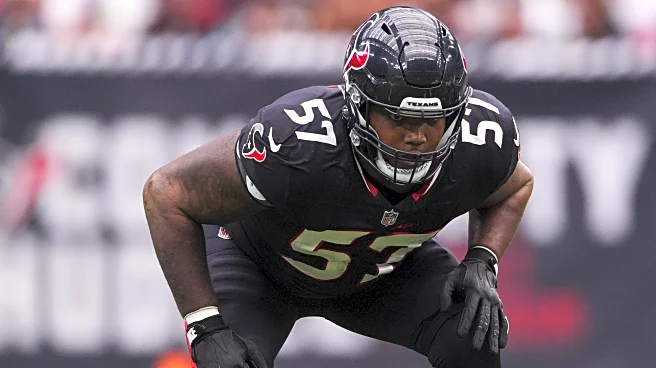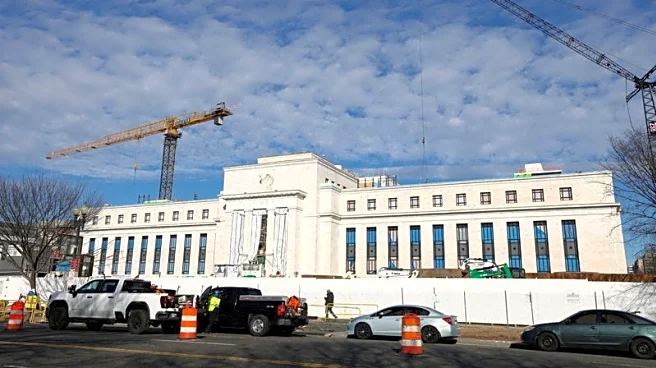What's Happening?
Mark S. Brooks, a former venture investor, argues that agtech should be viewed as part of a broader system rather than a standalone sector. Agriculture, as humanity's first operating system, integrates
ecosystems, technology, and social contracts, influencing food, energy, textiles, health, and trade. Brooks emphasizes the importance of power centers and levers that route capital, risk, and adoption within this system. He suggests that the future of agtech lies in operating at the seams where agriculture intersects with other disciplines, such as energy, biology, and finance, creating new markets and opportunities for innovation.
Why It's Important?
The shift from viewing agtech as a sector to recognizing it as part of a larger system has significant implications for innovation and investment. By understanding agriculture's role in global trade, energy, and public health, stakeholders can identify new opportunities for growth and collaboration. This perspective encourages a holistic approach to innovation, where advances are made at the intersections of different fields. Investors and founders are urged to focus on systemic solutions that leverage capital, policy, and market dynamics to drive meaningful change. This approach can lead to more resilient and sustainable agricultural practices, benefiting both the industry and society.
Beyond the Headlines
Brooks' insights highlight the need for a paradigm shift in how agtech is perceived and developed. By embracing systemic innovation, stakeholders can address complex challenges such as climate change, food security, and resource management. This perspective encourages collaboration across sectors, fostering a more integrated approach to solving global issues. The emphasis on power centers and levers underscores the importance of strategic investment and policy alignment in driving systemic change.











